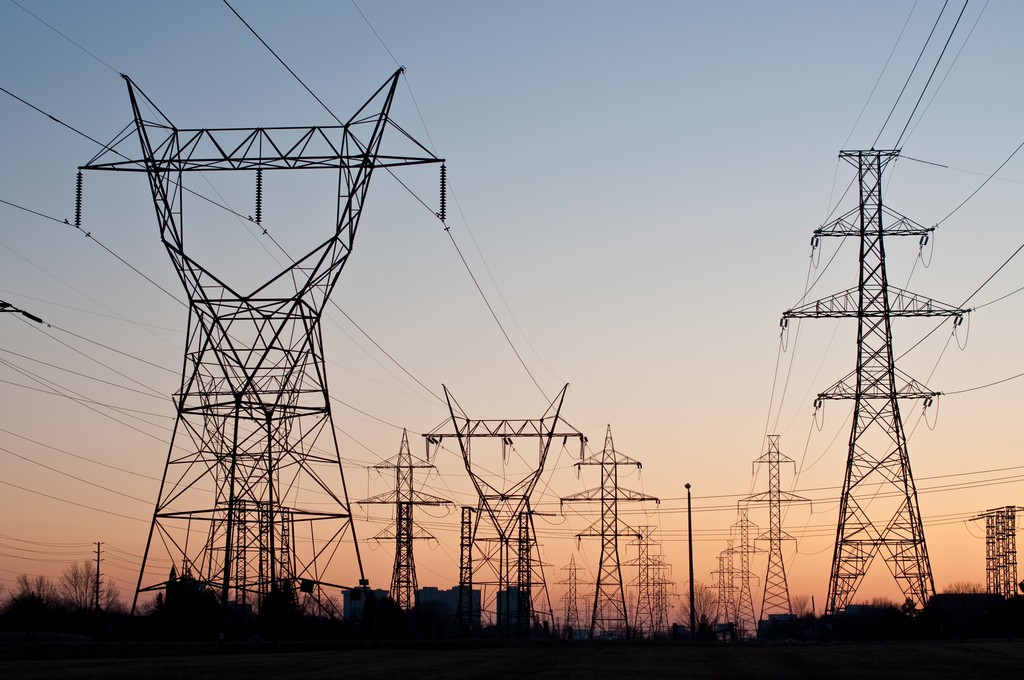Senator Miguel Zubiri yesterday called for the coordination between the Department of Energy (DOE), the National Renewable Energy Board (NREB) as solar power development could face moratorium.
During a Senate hearing on Wednesday, Zubiri said there is a need for dialogue between concerned parties as solar power projects could be affected by the moratorium the current administration is looking to pass.
“Solar utilizes a lot of land – about 1.2 to 1.3 hectares of land for one megawatt of solar. If you’re building a 10-megawatt farm, you will need 13 to 15 hectares. Usually these areas are interior or far-flung areas, which are either the Department of Environment and Natural Resources (DENR) property or agricultural land,” he said.
“Because of the moratorium, there might be a moratorium on solar too, even wind power because you need a large area of land for a wind turbine,” he added.
The Presidential Agrarian Reform Council (PARC) last week adopted a two-year moratorium on agricultural land conversion. This covers lands awarded under agrarian reform laws, agricultural lands covered by the Department of Agriculture, irrigated and irrigable lands, prime agricultural lands, privately-owned lands and agricultural lands cultivated individually or collectively by farmers.
In the same hearing, NREB OIC Chairman Atty. Jose Layug Jr. pushed for a bill that will mandate the establishment of a one-stop shop for energy developers as long permitting processes are barriers to the entry of new investments.
“That long list is a turn off for our investors. It affects supply,” he said.
Permits can require 180 to 300 signatures per department or local government. Hydro power projects, for example, need 300 signatures before finalizing its documents. This includes the approval from the Housing and Land Use Regulatory Board (HLURB), the Ministry of Human Settlements, and the National Commission on Indigenous Peoples (NCIP).
One of the most common issues in putting up plants are the indigenous tribe disputes and land conversion.
Department of Energy Undersecretary Wimpy Fuentebella said the government is working on streamlining the permitting process from 45 days to 25 days.
Zubiri said that while the DOE has been efficient in processing permits and issuing Certificates of Endorsement (COE), the Energy Regulatory Commission (ERC) is falling behind in following up with Certificates of Compliance (COC).
“I want to ask them, out of the 450 megawatts released for the second round of the Feed-in-Tariff (FIT), almost all of them do not have a COC, and they have been providing energy since March,” he said.
“These are foreign investors that have come here and put billions of pesos in the country. They are now scared about their investments because they have been delivering energy for the last months but they have not been getting paid,” Zubiri said, citing companies like Bronzeoak and Equis.
The absence of a COC will prevent companies from getting payments from the Power Sector Assets and Liabilities Management Corporation (PSALM) and their partner local distribution utilities (DUs).


